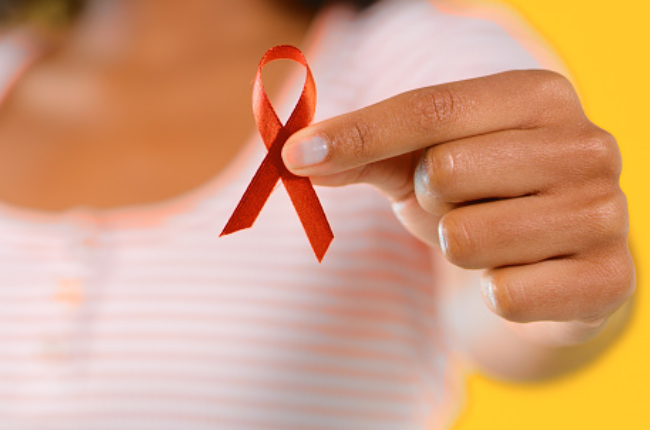
Just as most public health concerns have been overshadowed by Covid-19 this year, so has medical research been focussed on trying to understand the virus and find a vaccine.
However, there has also been some very good news regarding HIV-Aids research in 2020 that should not be ignored.
Not least, in July scientists announced that a Brazilian man may be the first person to be "cured" of HIV without a transplant.
A 35-year-old man in São Paulo who spent 15 months off antiretrovirals without, so far, HIV being detected in any test may represent the first case of a functional cure without the risks of a stem cell transplant, according to a report given at the virtual 23rd International AIDS Society conference,
However, the announcement was made with caution as this was a single case and more testing is needed.
Read more | 7 inspiring for this World Aids Day
More recently, a groundbreaking study from our very own Wits University released last month showed a new injection was more effective than the current daily HIV pill to prevent HIV in women.
“These results are a milestone for prevention of HIV among women at risk of HIV worldwide and especially for women in sub Saharan Africa,” said executive director of Wits Reproductive Health & HIV Institute, Professor Helen Rees.
“If we are to turn the tide on the HIV epidemic, we will need prevention options that work for women in sub-Saharan Africa.”
Although the study found the injection was superior to the daily intake of PrEP (which is the medication given to prevent infection not ARVs that are used to treat people who are HIV-positive), scientists noted they are both highly effective in preventing HIV. However, the advantage of the injection is that it is only needed every eight weeks, so it’s far easier than sticking to taking daily pills.
The United Nations Programme on HIV and Aids (UNAIDS) hailed the study as a game-changer in the fight against HIV.
Read more | Why you shouldn't take unaccredited medication for HIV
Breaking the stigma
These developments are encouraging but, as our president noted on World Aids Day, we cannot forget that South Africa continues to have the largest number of people living with HIV in the world.
Over the last decade, the number of new HIV infections in the population has been reduced by nearly 60%, but there is still a long way to go.
And that’s why it’s necessary to continue normalising conversations around HIV and breaking the stigma.
Why is this important?
Because as a former executive director of UNAIDS, Michel Sidibé, so beautifully put it, “Whenever AIDS has won, stigma, shame, distrust, discrimination and apathy was on its side. Every time AIDS has been defeated, it has been because of trust, openness, dialogue between individuals and communities, family support, human solidarity, and the human perseverance to find new paths and solutions.”
UNAIDS says fear of stigma and discrimination is the main reason why people are still reluctant to get tested, disclose their HIV status and take antiretroviral drugs. This in turn means more people are diagnosed late, which makes treatment less effective and increases the likelihood of transmitting HIV to others and causing early death.
Normalising our thinking will allow those living with the virus to lead their best lives – and here are two important reasons why they can do just that.
Read more | Six hours of your time can save a life - donate bone marrow
Starting a family
This is a concern for many people living with HIV who wish to have children but taking treatment properly can make all the difference.
A pregnant woman living with HIV can pass on the virus to her baby during pregnancy, childbirth and through breastfeeding. However, if the woman takes her antiretroviral treatment correctly during pregnancy and breastfeeding, she can virtually eliminate the risk of passing on the virus to her baby.
It's vital that couples living with HIV see their doctor to plan for a healthy pregnancy and delivery.
Becoming an organ donor
Historically, people living with HIV were discouraged from donating organs because the virus can be transmitted via donated tissue. The procedure is not illegal, however, it is ethically frowned upon in the medical fraternity.
But research – again from Wits – made the news in 2018 when doctors transplanted the liver from a mother living with HIV to her critically ill HIV-negative child.
The success of this world-first operation thus presents a potential new pool of living donors (of which there is a critical shortage) that could save more lives.



















